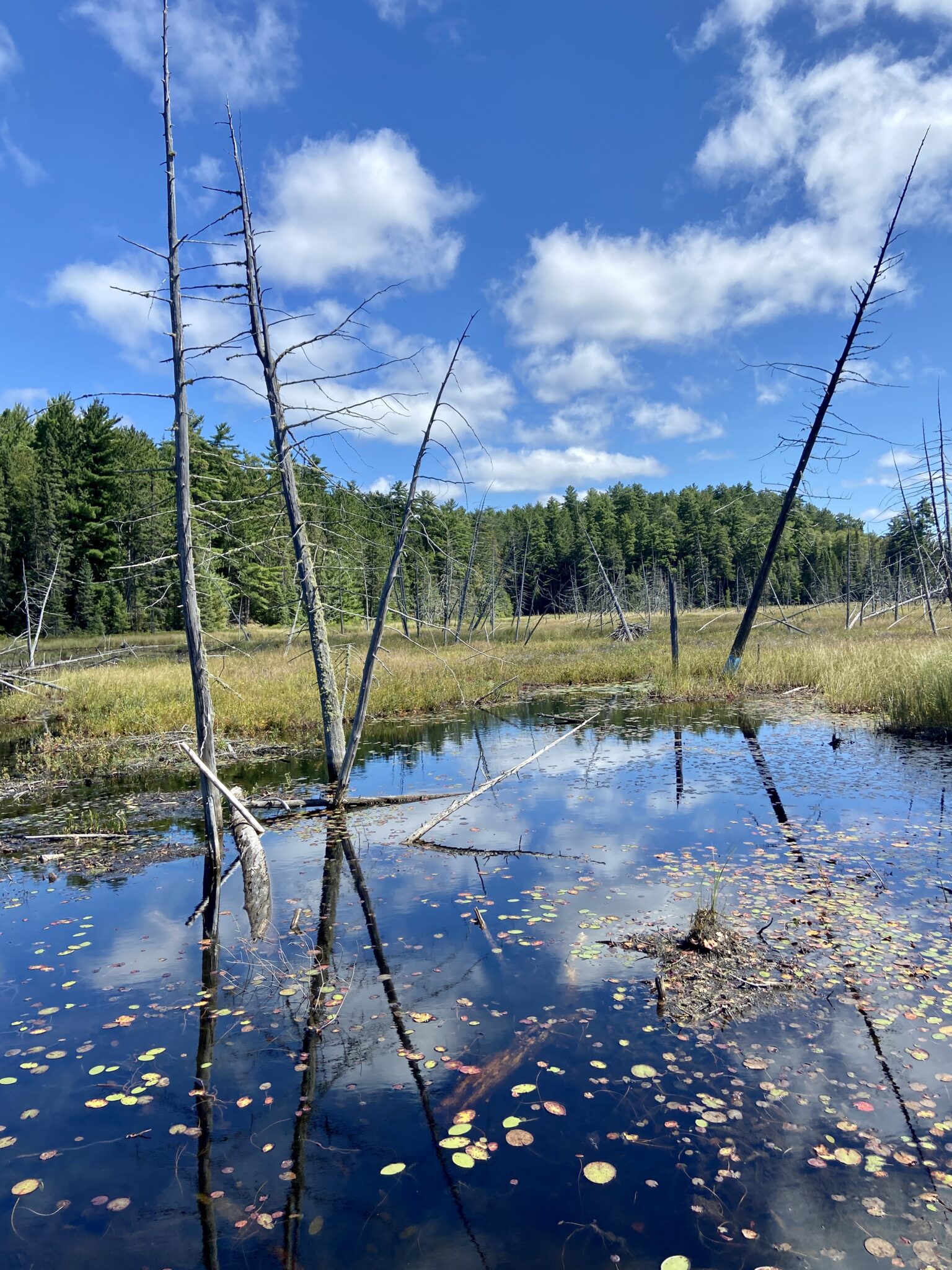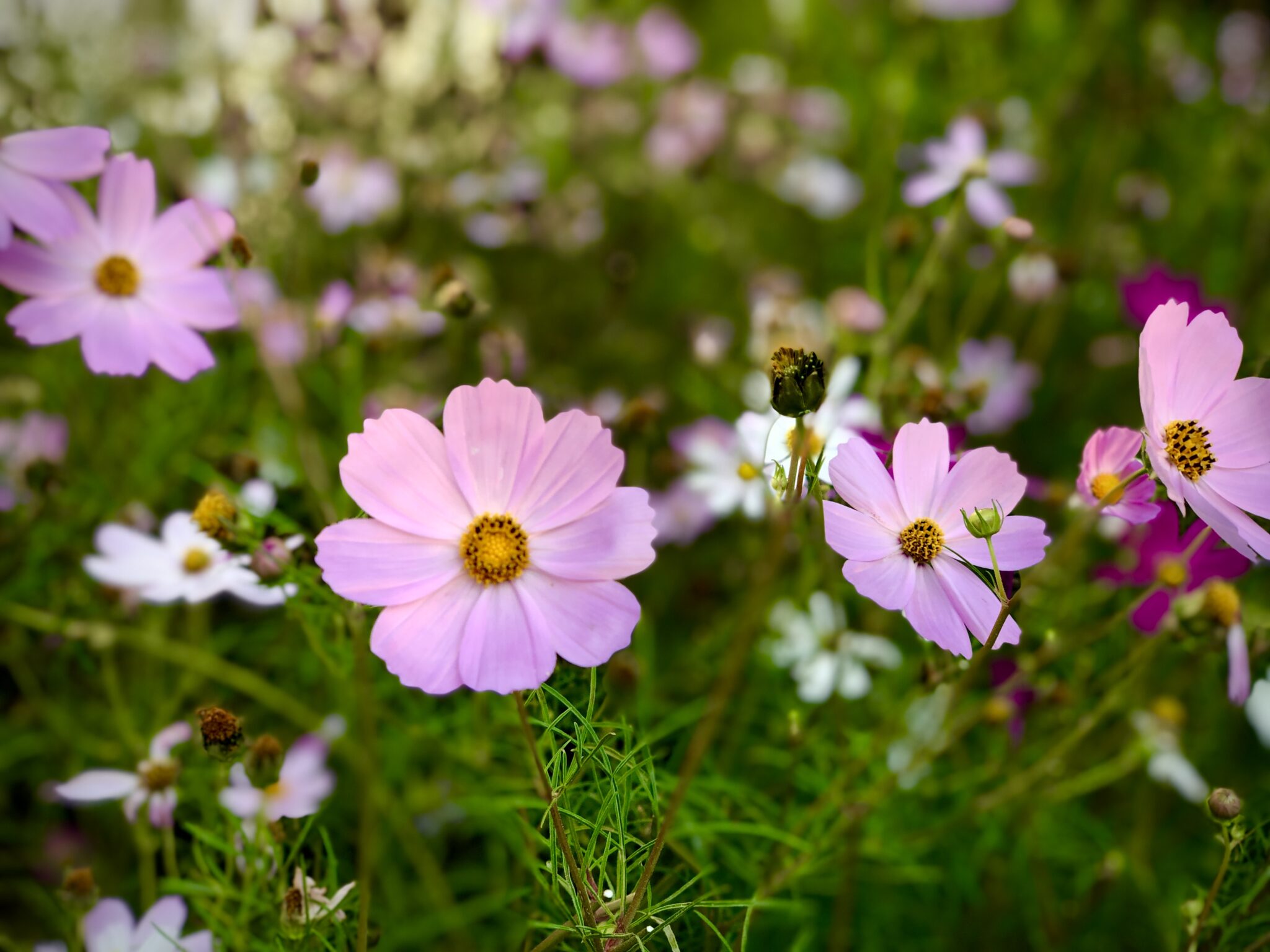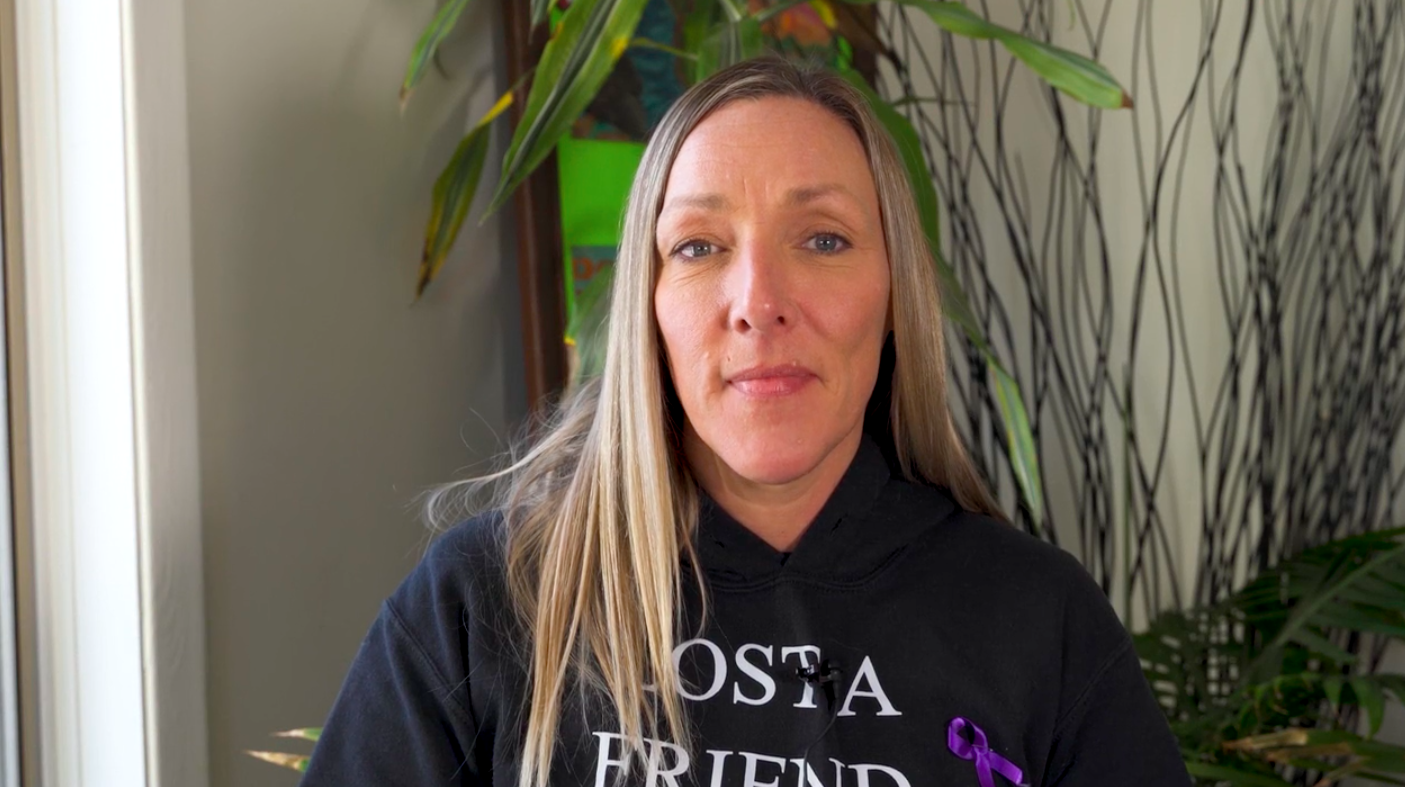Posts Tagged ‘Stigma’
Thoughts on International Overdose Awareness Day 2023
By Jessica Milette, MSW/RSW
August 31 is International Overdose Awareness Day, a day where we honour and remember those who have died by drug poisoning.
We lead multifaceted lives, and the deaths of those we love who have died by drug poisoning contain multitudes. The death of a loved one can bring intense grief, shock, anger, shame, or guilt. People who use drugs, and those who love them that they leave behind, face stigma in North America’s dominant, settler culture.
It is this stigma of drug poisoning deaths, the othering of another’s valid grief, that places a barrier to one of the greatest things we can offer to ourselves and each other: connection. Those who have died by drug poisoning are parents, children, siblings, aunts, and friends. Those who welcomed us with open arms for an embrace, those who worked alongside us, and those who have faced much suffering and marginalization.
Grief can be an isolating experience; having opportunities to heal in community and share the stories of those we love who have died are so important. It is never about HOW they died, but WHO they are. Saying their name out loud, listening to their favourite music, and sharing stories of joy can help. Sometimes we need to share our stories of frustration, guilt, or sorrow with others who have experienced the death of a loved one.
We don’t have to be impacted by the death of a loved one by drug poisoning to support others in our community who are in pain. Grief and the losses we face cannot be fixed. We can feel helpless in the face of seeing someone we care about in the depths of grief. One of the biggest things we can do as supporters is to not shy away from grief – those grieving can feel supported when others ask them about their person or use their name in conversations. Sometimes telling grievers to “call me if you need anything” can feel overwhelming. By offering specific, practical support like mowing their lawn or dropping off groceries gives grievers a choice. If they do not accept the support you offer, be open to listening to what support they do need as what you may have found helpful might not be the type of support they need. A helpful phrase I’ve used to communicate to people in my life when I need some grief support, or when I’ve offered support to those in my life grieving has been: “Would you like help (with a task or to brainstorm), would you like to be heard (where I will sit and listen without judgment and sit with you in your grief), or would you like a hug (sometimes we need a hug through a tough moment)?”
In addition to these personal losses, we also face these losses as a community. State of Emergencies declared by public health authorities due to the drug poisoning crisis are more common than they were before. The Canadian Healthcare system is still reeling from a pandemic and is unable to meet the current demands to address this health crisis. Drug poisoning deaths are highest for those in our community that face high levels of marginalization, oppression, and stigma despite human beings’ universal needs for safety, connection, community, and care..
People who use drugs, like all human beings living on Stolen Land on Turtle Island deserve access to care, community, connection, and safety in all areas of their wellbeing. Harm Reduction is an important but often underappreciated pillar in Canada’s healthcare system that offers safety, community, compassion, and care while keeping the dignity of the person who uses drugs at the heart of this work. Harm Reduction workers create community for those who may feel isolated or have been excluded from other communities they belong to due to their drug use. They provide spaces for people to learn new ways to be in relationship with drugs, how to be safe when using drugs, and getting connected to other supports for their whole health. Not all drug use is inherently problematic, and harm reduction support can look like many things: from helping those wishing to be abstinent from drug use to helping those who are still using drugs to use them in safer ways.
Just like we come in community to honour those who have died, through community we can continue to hold systems accountable and advocate for equity, justice, safety and health for all.
Kristal – Drug Poisoning During Pandemic Stigma
Kristal – Drug Poisoning During Pandemic Stigma
Kristal discusses how the pandemic has created additional stigma surrounding those who use drugs. She discusses how it seems like some losses are treated as more deserving of being mourned than others. Many people have had to grieve privately instead of publically within a community. She touches on the state of the public health system during the pandemic.
A Million Other Things: Grieving a Drug Poisoning Death
By Jessica Milette, MSW, RSW
A parent sits across from me, anxiously wringing their hands. They will be returning to work after the sudden death of their child. “What if they ask? Do I tell them that they died of an overdose?” Terror flashes across their face. “What if they judge me? My child? What if they think I’m a terrible parent?” We take a moment to reflect on their child and I ask them to tell me about them. They pause, but then I notice their hands aren’t as tense as they cross them over their shoulders. “They were so thoughtful and gave the best hugs. Their smile would light up any room.”
Sister, father, son, niece, best friend – some of these words might be how you would describe your loved one who has died of an overdose or drug poisoning. People Who Use Drugs (PWUD) are not defined by their substance use – they are a million other things to those who love and miss them dearly. Drug poisoning and overdose deaths are stigmatized in our society. The focus is on how the person died, not who they are. Society still holds onto old notions and beliefs about drugs which come with a value judgment about people who use drugs, which further contributes to stigma. Not everyone who uses drugs is an addict and not all drug use is inherently problematic. People who use drugs deserve dignity and respect when we are remembering and honouring those who have died by overdose or drug poisoning.
More stigma means less support for people using drugs and those that support them. Much work has been done and continues to be done to dispel myths and stigma about addiction, drug use, and those who use drugs. Addiction is an illness: something that someone lives with, not something that defines them. These same values and judgments society has about drug use aren’t attached to folks who die of other illnesses. Society tends to view drug use and those who use them as a black and white issue. However, those who love someone who uses drugs weave a rich, colourful tapestry made of stories, reminders, and feelings about their loved one.
In my years as a grief therapist, those left behind want to share a special moment or memory about their loved one with a trusted other. When one is grieving a drug-poisoning death, this trust and sacredness without judgment offers the freedom to sit in the entirety of their grief—the grief they felt when their loved one was alive and when they died. Taking the time to use a loved one’s name in conversation, and asking the griever to share something about their loved one is a powerful tool for us on our grief journey. By initiating these types of conversations, we let the griever know that if they wish to, they can talk about their loved one. Sharing our stories are some of the most powerful ways one finds connection and healing through grief. It helps us feel less alone in our grief by sharing about what makes our person special. Those we love and grieve aren’t just a person who uses drugs – they are so much more. May each of us continue to share stories about our loved ones and the many facets their lives hold.
*DISCLAIMER* The scenario described in the article is a general reflection upon themes the author has witnessed through their grief counselling work and does not represent a specific individual in order to protect the confidentiality of service users.
Nicole – Stigma Surrounding Drug Use
Nicole – Stigma Surrounding Drug Use
Nicole discusses how the stigma around drug use has an impact on how people feel able to grieve when those in their community are lost.
Kate – Stigma
Kate – Stigma
Kate discusses how difficult the stigma is to deal with
Shannon – Guilt vs Shame
Shannon – Guilt vs Shame
Shannon talks about guilt can be a part of the grieving process but shame has to do with “is there something wrong with me”
Sarah K – Talking about the cause of death
Sarah K – Talking about the cause of death
Sarah talks about husbands death to a heroin overdose and stigmatized death.
Amber -Grieving as a teenager
Amber -Grieving as a teenager
Amber discusses the challenges of going through grief as a teen
Karyn and Cathy – “Suicide”
Karyn and Cathy – “Suicide”
Karyn and Cathy discuss how the stigma of suicide impacted the lack of acknowledgement of their grief and loss. Karyn and Cathy continues to grieve the death of their father by suicide.
Krista – “Being uncomfortable”
Krista – “Being uncomfortable”
Krista talks about taking risks. Krista continues to grieve the death of her son from opioid overdose.
Krista – “My way of helping others”
Krista – “My way of helping others”
Krista talks about reducing the stigma. Krista continues to grieve the death of her son from opioid overdose.
Brenda and Dale – “Their Story”
Brenda and Dale – “Their Story”
Brenda and Dale tell the story of their son’s suicide. They continue to grieve the death of their son by suicide.



